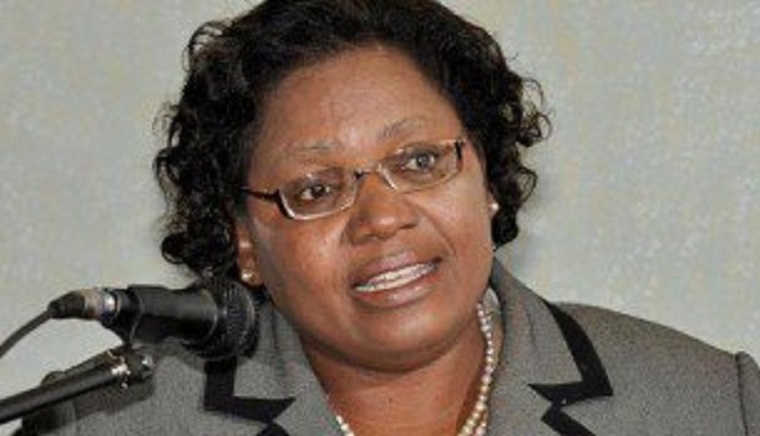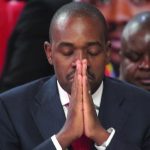 Zimbabwe’s Finance Minister Mthuli Ncube has fired the entire board of the Zimbabwe Revenue Authority and said ZIMRA staff will report directly to his ministry until a new board is in place.
Zimbabwe’s Finance Minister Mthuli Ncube has fired the entire board of the Zimbabwe Revenue Authority and said ZIMRA staff will report directly to his ministry until a new board is in place.
He said he had proposed names for new board members and they are currently being cleared.
The board was chaired by Willia Bonyongwe with other members being: Percy Toriro (vice chairperson), Willard L. Manungo, Nompumelelo M Abu-Basuthu, Betty Katiyo, Nation C. Madongorere, Moffat Nyoni, Sarudzai Njerere, Arnold M. Chidhakwa, and Faith Mazani.
Manungo was the Permanent Secretary for Finance and was replaced by George Guvamatanga in the recent reshuffle while Mazani is the commissioner-general.
Ncube said ZIMRA senior management was directed to cease all recruitment until a new board is in place to allow the new board to have input on all critical appointments.
“Going forward, systems of ZIMRA will be upgraded and enhanced in order to improve efficiency in revenue collection, especially at border posts. Mechanisms will be put in place to eradicate any corrupt activities,” he said.
Ncube said he expected growth for this year to be 6.3 percent way above the projected 4.5 percent.
Below is his statement in full:
Introduction
- The economy is showing signs of recovery albeit with a number of challenges and risks. Indications are that, the economy will grow by 6.3% against the original Budget projection of 4.5% and 4.8% estimated for 2017. With this projected growth Zimbabwe will join the “6% dub” of African countries growing at more than 6% per annum.
- However, the quality of the growth, which is primarily being driven by two sectors of agriculture and mining is obviously not inclusive.
- Moreso, the growth trajectory faces Asks and challenges which are related to the following:
- Foreign currency and cash shortages;
- Unsustainable high budget and current account deficits;
- Emerging inflation pressures;
- Slow moving re-engagement process;
- Infrastructure deficiencies; and
- Weak social service delivery.
- These challenges are however not insurmountable. These challenges call for urgent reforms. It cannot be business as usual. Bold decisions need to be taken on the reforms front in order to stimulate growth and sustainable development.
Continued next page
(495 VIEWS)


